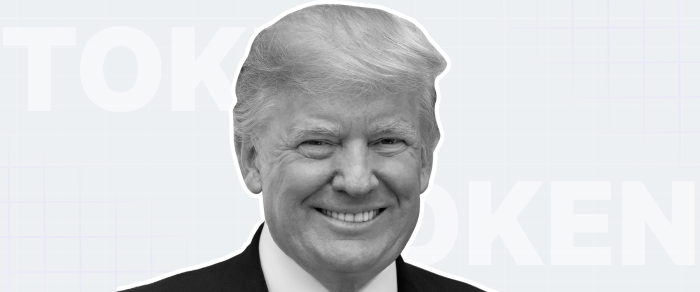JPMorgan Invests in BlackRock Bitcoin ETF: Large Banks Are Now Adopting Bitcoin Ever Faster
Renowned financial news anchor Rob Nelson recently engaged in a compelling dialogue on the enigmatic perception of cryptocurrency within the echelons of the financial world. He was joined by notable personalities in the realm of cryptocurrency, Natalie Brunell, host of the “Coin Stories” podcast, and Austin Arnold, co-host of the YouTube show “Altcoin Daily” about Bitcoin ETF.
The discourse was marked by a dissection of the seemingly contradictory attitudes of leading banking figures towards cryptocurrency, with Jamie Dimon, JPMorgan Chase CEO, serving as a poignant example. The conversation revolved around the apparent discrepancy between Dimon’s publicly skeptical stance on Bitcoin and his bank’s substantial participation in the cryptocurrency domain. In a recent development, BlackRock registered JPMorgan Securities as an ‘authorized participant’ for the proposed spot Bitcoin exchange-traded fund (ETF).
Brunell underscored the apparent contradiction in the public declarations and the hidden actions of banking leaders, using Michael Saylor, Executive Chairman of MicroStrategy, as a case in point. He famously reversed his position on Bitcoin after deep exploration. Arnold extended the discourse, comparing the situation with the initial pushback disruptive technologies often face from traditional businesses, indicating a potential similar path for banks regarding cryptocurrency.
Nelson posited that banks might be cleverly downplaying their investment ambitions to suppress bitcoin prices temporarily, allowing them to amass more before revealing their grand-scale investments. Brunell agreed, noting the understated estimates of banks’ cryptocurrency involvement. She also expressed positive sentiments about the opportunities for investors that spot Bitcoin ETFs could provide compared to traditional banking products and self-custodied bitcoin. However, she also cautioned about potential resistance to this model from the banking sector, as it poses a threat to their traditional, fee-based business structures.
The discussion culminated in a contemplation of the evolving dynamics of bitcoin investment and regulation. Brunell and Nelson underscored the significance of comprehending these dynamics, particularly considering the potential legislative actions that could impact Bitcoin self-custody.



